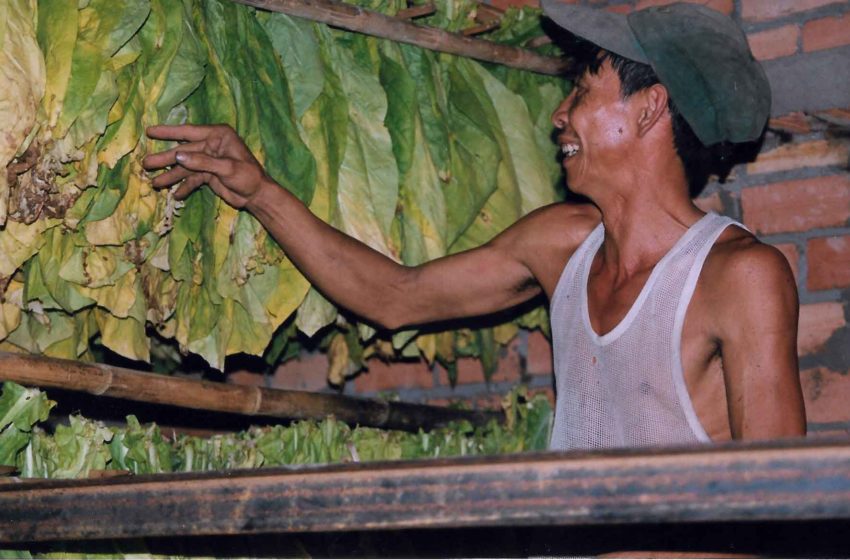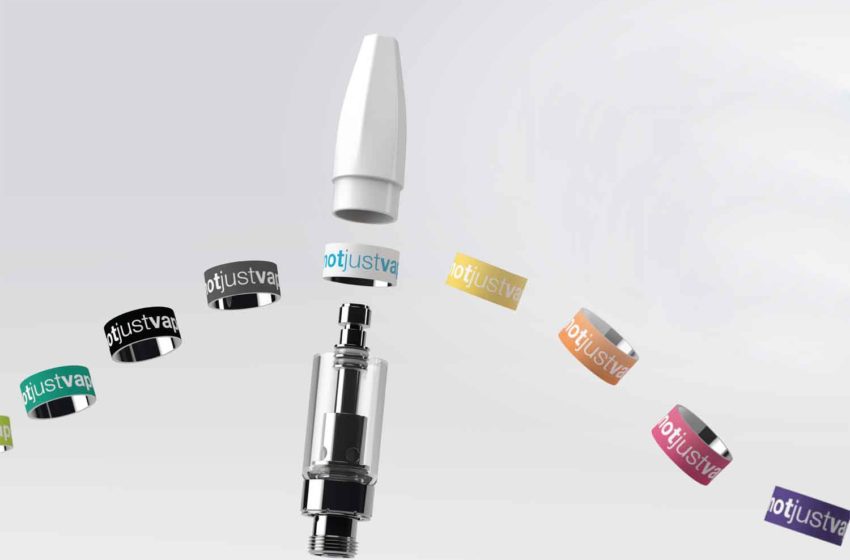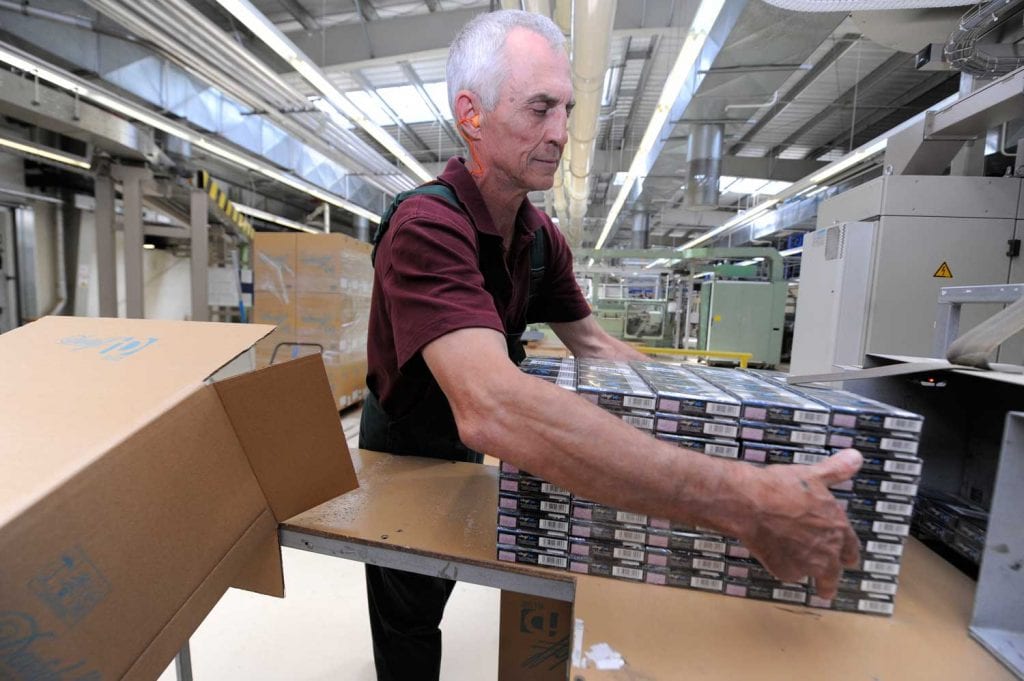
The U.S. Food and Drug Administration’s plan to ban menthol cigarettes may have unintended consequences, such as increased black market sales and more incarceration, while doing little to advance public health, according to Guy Bentley, director of consumer freedom at the Reason Foundation.
Writing on the organization’s website, Bentley says the desired public health gains could also be achieved by applying the harm reduction model to tobacco policy.
In his article, Bentley examines the experiences of Canada, the European Union and Massachusetts, which have already banned menthol cigarettes, and finds the results to be underwhelming.
“In the aggregate, the experience of menthol bans in the real world, as opposed to forecasts about them, is that the bans have minimal effects on tobacco consumption but do engender unintended consequences, even in markets where menthol is relatively unpopular,” he writes.
According to Bentley, banning menthol cigarettes is a radical policy with significant implications for the criminal justice system and personal autonomy. “Rather than resorting to the failed policies of the past, the FDA and the Biden administration should apply the harm reduction model to tobacco policy,” he writes.
“Educating the public and taking a harm reduction approach has been successful in the fields of sexual health and drug addiction, and it would be far more effective in reducing smoking than banning menthols.”






















